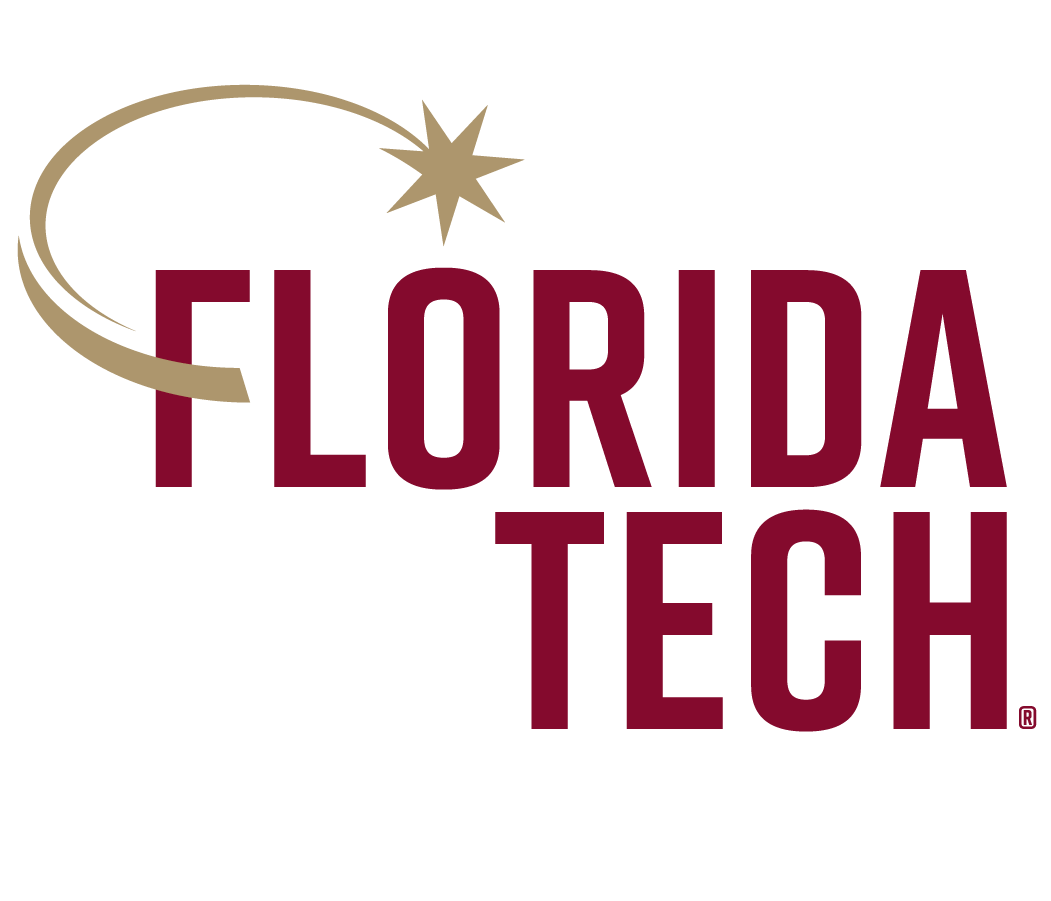Brevard Schools, Colleges Offer Students More Mental Health Resources

College students of today worry about money, about catching up socially after the long exile of the pandemic, and about the future of the world.
“There are so many changes going on,” said Kieran Lucas, a sophomore studying aerospace engineering at Florida Institute of Technology.
It could be considered ironic that the two most connected generations, Gen Z and Generation Alpha, feel stressed out and often emotionally disconnected. Google, launched in 1998, predates Lucas and almost all of his fellow Gen Zers, born between 1996 and 2010, as well as Generation Alpha, which encompasses the “iPad kids” born between 2010 and 2024.
An uncertain world dominated by political divisiveness, climate change, the legacy of the pandemic and the overstimulation and under-socialization of social media — where everything from bullying to dating can be experienced online — has left young people vulnerable to mental health concerns. A survey from virtual healthcare services provider Timely MD found that 50% of college students identified their mental health struggles as their top stressors for 2023 and 71% of students surveyed indicate concern with stress, anxiety and depression.
For parents of younger students, the mental wellbeing of their offspring has become their greatest concern, surpassing bullying, kidnapping and drugs and alcohol. According to a CNN report on a study by the Pew Research Center, 40% of parents in the United States are “extremely” or “very” worried that their children may face anxiety or depression.
Schools, colleges and universities have responded with programs designed to build resiliency, defined as the capacity to recover quickly from difficulties by drawing on inner resources. While most institutions of learning were already equipped to connect students with traditional mental health resources, schools are also expanding with innovative programs.
Florida Tech

At Florida Tech, for example, in addition to comprehensive individual and group counseling services administered by the Student Counseling Center, students can access support through a medium in which they are well versed: technology. Earlier this year, the Melbourne university launched TalkCampus®, clinically safeguarded 24/7 peer support for student mental health. The London-based program, the world’s first global peer support community, is based on a mental health app accessible from mobile and desktop.
“Students can talk with a peer from one of the 2 million students involved at 250 institutions of higher education across five continents,” said David McMahan, vice president for student affairs and dean of students at Florida Tech.
Lucas believes the new program will become an invaluable asset for navigating college years.
“It can be a really good resource for a lot of people,” he said.
Users log in if they need help at any time and may also pursue becoming trained to listen and support others. A global safety team of trained peer supporters, a state-of-the-art artificial intelligence built in collaboration with MIT and Harvard University, and a 24/7 professional staff team of master’s level clinicians unite as a “Trust & Safety” team that monitors all conversations and escalates where necessary. Trained clinicians review and intervene where any concerns are raised, and students are handheld into the relevant support.
“A student in distress at 2 a.m. can reach out to another student peer mentor,” McMahan said. “These peer mentors are trained in active and reflective listening skills. TalkCampus will enhance our array of mental health support for the Florida Tech student community by ensuring they have a place to discuss issues of concern and distress at any hour of the day, 365 days a year.”
TalkCampus is anonymous and students do not see where other students are from. Since the program is administered outside the school, Florida Tech staff and administration also have no identifiable information about students using the service.
The service is used at more than 250 colleges and universities across five continents, with participants in 26 languages. Schools including University of Central Florida, Cornell University and Harvard University are involved in research projects with TalkCampus.
Florida Tech additionally has embraced the potential of adaptive artificial intelligence with EdSights, a text-based program that launched in December. It utilizes millions of historical student interactions and outcomes to personalize SMS check-ins and interventions to each student’s unique risk factors.
“It taps into students’ connection with their smartphones,” McMahan said.
Students interact with Panthera, the university’s ChatBot persona based on the school’s Panther mascot. The program connects with students through a series of weekly proactive questions on a variety of topics of interest, strategically timed to achieve maximum impact.
Eastern Florida State College

Students at Eastern Florida State College rely on EFSCares, a student assistance program by GEE Resolutions, a local medical practice specializing in behavioral services. The free confidential counseling program serves to triage mental health issues. A trained professional assesses individual student’s situations and provides support and referrals as appropriate. Sessions are expected to be time-limited and designed to provide students with short-term, solution-focused problem solving through coaching, guidance, and support, as well as the development of an action plan and recommendations for further intervention. More than 500 EFSC students used the program in 2022.
Part of the service includes a collection of YouTube videos created by locally based counselors who work in the program. The videos examine a variety of topics, from anxiety and depression to time management.
In the spring of 2024, the college will open dedicated student support centers at its Melbourne and Cocoa campuses. Here, seminars will focus on situations like test anxiety, healthy eating and other wellness topics.
“It will be a place for students to de-stress, where they can get a whole body/mind experience,” said Emily Tonn, associate dean for student success and support.
University of Central Florida

At the University of Central Florida, counseling and psychological services include single solution focused sessions, initial assessment intakes to assess therapy needs, brief-short-term individual and relationship counseling, group therapy, consultations and crisis services, as well as Therapy Assistance Online, or TAO — a self-guided interactive, web-based program that provides assistance to help overcome anxiety, depression, and other concerns.
The TAO experience, based on well-researched and effective strategies, encompasses viewing short helpful videos, taking part in brief exercises, using logs to track your mood and progress, and having access to a mindfulness library of relaxation videos.
Like Florida Tech, UCF also has an online peer-to-peer platform, Togetherall. It offers a safe, anonymous space to connect with other students experiencing similar feelings, whether they are struggling to cope, feeling low or just need a place to talk. There are always trained professionals on hand, 24/7, 365 days a year. Most members report feeling better and more able to cope after using the service and because it’s available whenever they need it.
Brevard Public Schools

Younger students also are benefiting from school-based initiatives addressing mental wellbeing. The Brevard Schools Foundation has obtained funds through the Florida Department of Education to help build resiliency in kids by building resilience in the adults tasked with their care and education. The program is driven by statistics obtained through the 2022 Brevard County Community Health Assessment, which raises red flags about the mental health of Brevard residents.
“According to the data, 27% of county residents experience fair or poor mental health, and 32% of local adults have been diagnosed with a depressive disorder,” said Robin Ward, Brevard Schools Foundation grant writer.
The figure is starkly higher than the 17.7% percent listed for Florida residents and 20.6% for the entire country.
“These folks are our children’s caregivers,” Ward added.
The program focuses on educators, particularly new teachers, 80% of which have only a temporary teaching certificate and may not have coping skills necessary to thrive in their high-stress yet critically needed jobs, where they are often called upon to be caregivers and crisis managers. To that end, the district has instituted a peer mentoring program that pairs new teachers with veteran educators.
“They take on the role of coach, observing new teachers on everything from classroom management to lesson planning,” Ward said. “It’s very valuable for a new teacher to have that non-threatening sounding board.”
The district has also tapped into Educators Thriving, a national research-based program to help educators achieve wellbeing and avoid burnout, and in the process, help their students build resilience.
To combat an increase in mental health referrals for the student body, the public schools have instituted Sources of Strength, part of a universal peer-led suicide prevention program. Designed for middle and high school students, the program helps build protective influences by training students as peer leaders and connecting them with adult advisors.
“There is a much better chance a peer will speak to a peer when they won’t go to an adult,” said Janice Kershaw, president and CEO of Brevard Schools Foundation.
It’s not surprising that public schools are also reaching students through cell phones. At Edgewood and West Shore Junior/Senior High Schools, seniors can voluntarily enroll in texting subscription Cope Notes, which uses daily text messages combining peer support and positive psychology to help improve mental and emotional health.
Thanks to the internet and social media, today’s students may have plenty to worry about, but their schools are reshaping those avenues of communication to help them.





